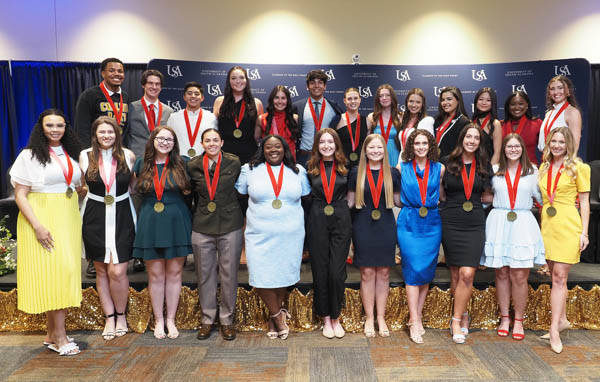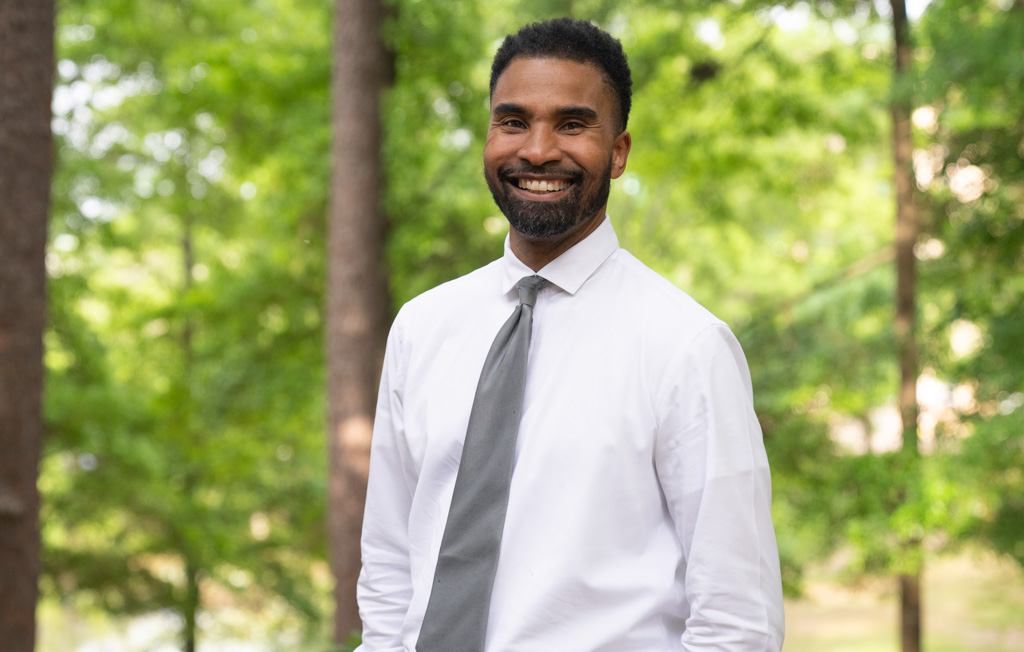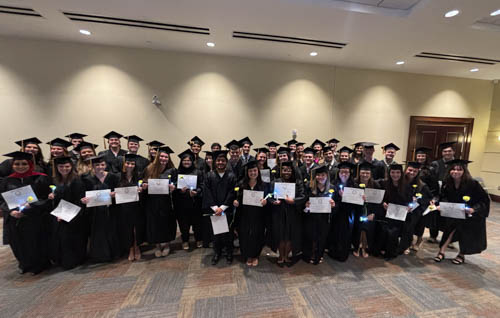Learn Where Anti-Vaccine Movement Began at Mobile Science Café
Posted on September 21, 2015
An innovative program known as Science Cafés will return to share engaging conversation in the fields of science and humanities. The sponsor of the upcoming events is the University of South Alabama’s Archaeology Museum, and the host location for all events will be the OK Bicycle Shop at 661 Dauphin Street in Mobile.
The conversations will be about issues that matter, and it will be held in a casual and non-academic environment. The traditional format includes a 30-45 minute talk, followed by a 15-30 minute open discussion. This format has spread around the globe, successfully adapting to different cultures and audiences. The Archaeology Museum’s initiative is to increase community interaction with members of the University’s faculty.
The first Mobile Science Café of the fall semester is “The Polio Express - Real Talk about Vaccines and the Origins of the Anti-Vax Movement” to be facilitated by Dr. Glen Borchert, USA assistant professor of biology, at 6 p.m. on Tuesday, Sept. 22. The program is co-sponsored by the Mobile Medical Museum and the OK Bicycle Shop. The discussion will be about the MMR vaccine controversy that started in 1998 with the publication of a fraudulent research paper in the medical journal, “The Lancet,” that lent support to the later-discredited claim that colitis and autism spectrum disorders are linked to the combined measles, mumps and rubella vaccination rates.
The upcoming Science Cafés for October and November are the following:
- “It Ain’t Easy Seeing Green: Preventing Plant Blindness” will be facilitated by Dr. Brian Axsmith, professor of biology. The Oct. 20 event will begin at 6 p.m.
- “Kids These Days: The Rise (and Fall?) of Narcissism in America’s Youth” will be facilitated by Dr. Joshua Foster, associate professor, behavior and brain sciences in the department of psychology at USA. The event will be held Nov. 10 at 6 p.m.
“I am happy to start this series again,” said Barbara Filion, associate director of the USA Archaeology Museum. “Many people have been asking for the program to return. It’s exciting to see such enthusiasm and interest about it.”
Archive Search
Latest University News
-

Jaguar Senior Medallion Members Inducted
Twenty-four seniors were recognized for outstanding academic and leade...
April 26, 2024 -

Dr. Matthew Pettway Named Fulbright Scholar
Pettway will teach and conduct research as a Fulbright U.S. Scholar in...
April 24, 2024 -

USA Launches New Hospitality and Tourism Concentrations
Global leadership and events marketing and management concentrations w...
April 17, 2024 -

Mortar Board Receives National Award, Initiates New Members
South's chapter of Mortar Board has received the Ruth Weimer Mount Cha...
April 17, 2024


